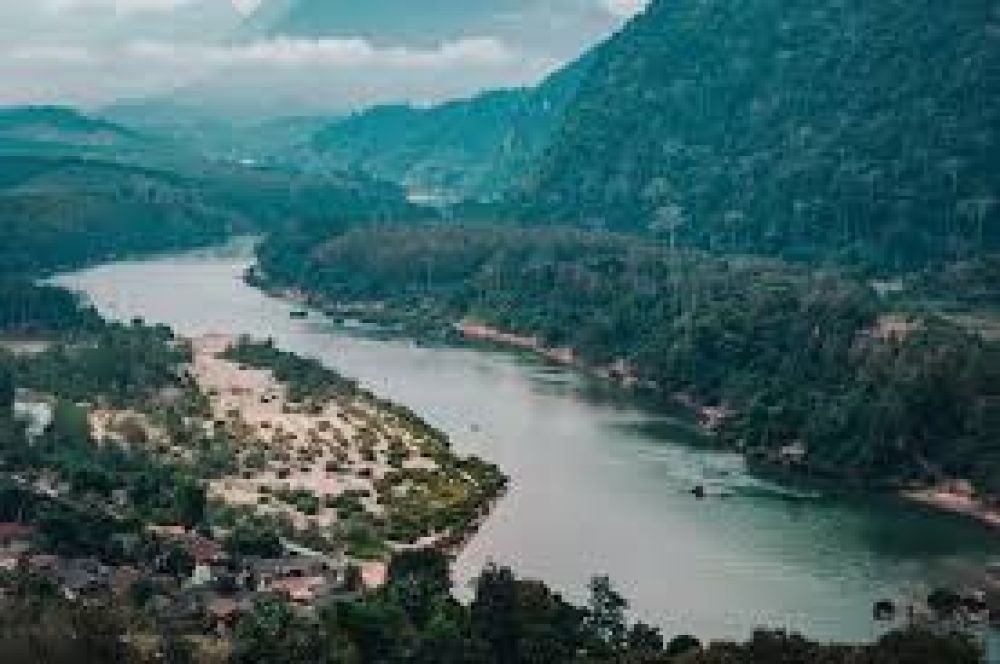

Nestled in the heart of Southeast Asia, Laos has long been overshadowed by its more frequented neighbors, yet its charm is unquestionable. The serene waters of the Nam Ou River and the quaint village of Muang Ngoi Neua are among the precious treasures of Lao tourism. The history of tourism in this region is relatively young, with Laos opening up to international visitors in the 1990s after decades of isolation.
Throughout the years, the gentle charms of the Nam Ou River and its surrounding landscapes have lured adventurers and tranquility seekers. Muang Ngoi Neua, once a remote and inaccessible village, has gradually developed into a peaceful retreat for those looking to escape the hustle and bustle of modern life. By the early 2000s, word-of-mouth and travel guidebooks began highlighting the region as a must-visit location for a unique, off-the-beaten-path experience in Laos.
In recent times, tourism trends in the Nam Ou River region have embraced sustainability and community-based tourism. There's been an increasing interest in eco-friendly practices, with visitors seeking accommodations and tours that are considerate of the environment and contribute to local economies. Additionally, trends show that tourists are more interested in cultural immersion, choosing to engage in activities that offer a deeper understanding of local Lao culture and traditions.
One of the burgeoning trends is the rise of adventure tourism. The stunning karst landscapes and clear waters of the Nam Ou River provide an excellent backdrop for kayaking, caving, and trekking, attracting thrill-seekers and nature enthusiasts. Another emerging trend is the growth of wellness tourism, with visitors drawn to the area for yoga retreats, meditation, and the overall tranquility that Muang Ngoi Neua provides.
The government of Laos has also recognized the potential of this region and is investing in infrastructure to improve accessibility while aiming to preserve the pristine nature and cultural heritage that make Muang Ngoi Neua and the Nam Ou River unique. This includes the Laos government’s commitment to achieving eco-tourism certification for tourism services in the area and initiatives to empower local communities through tourism-related training and development programs.